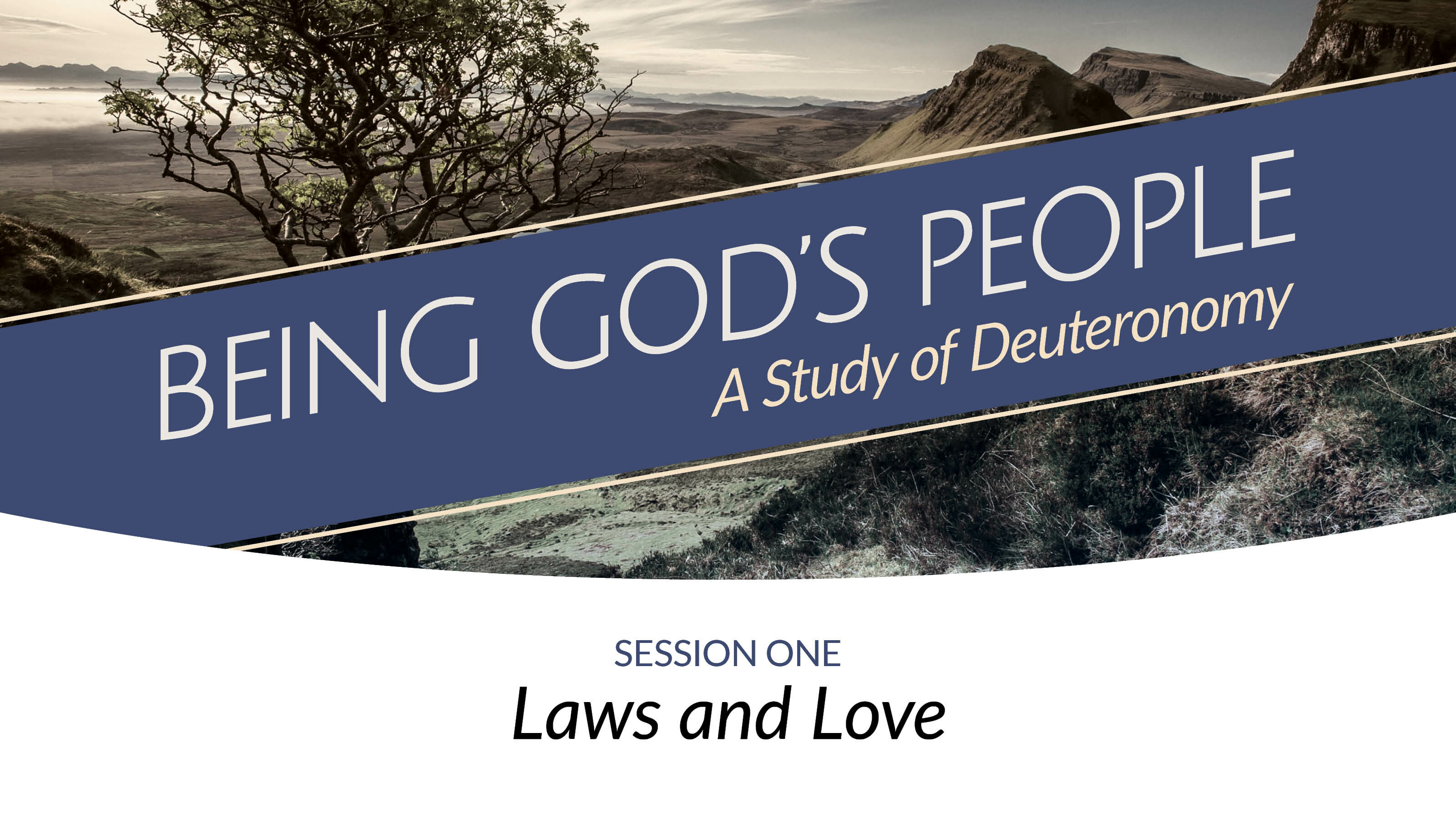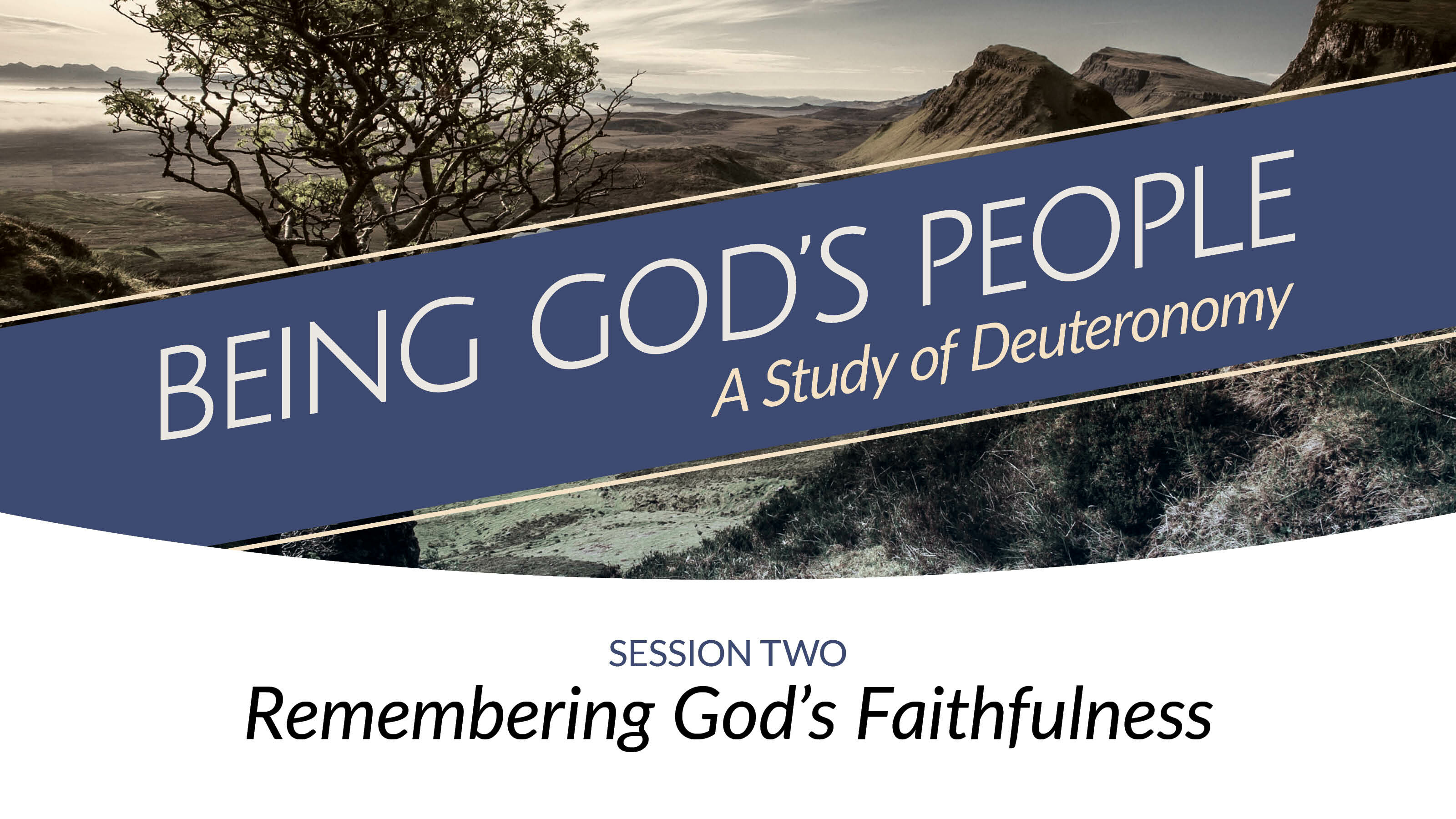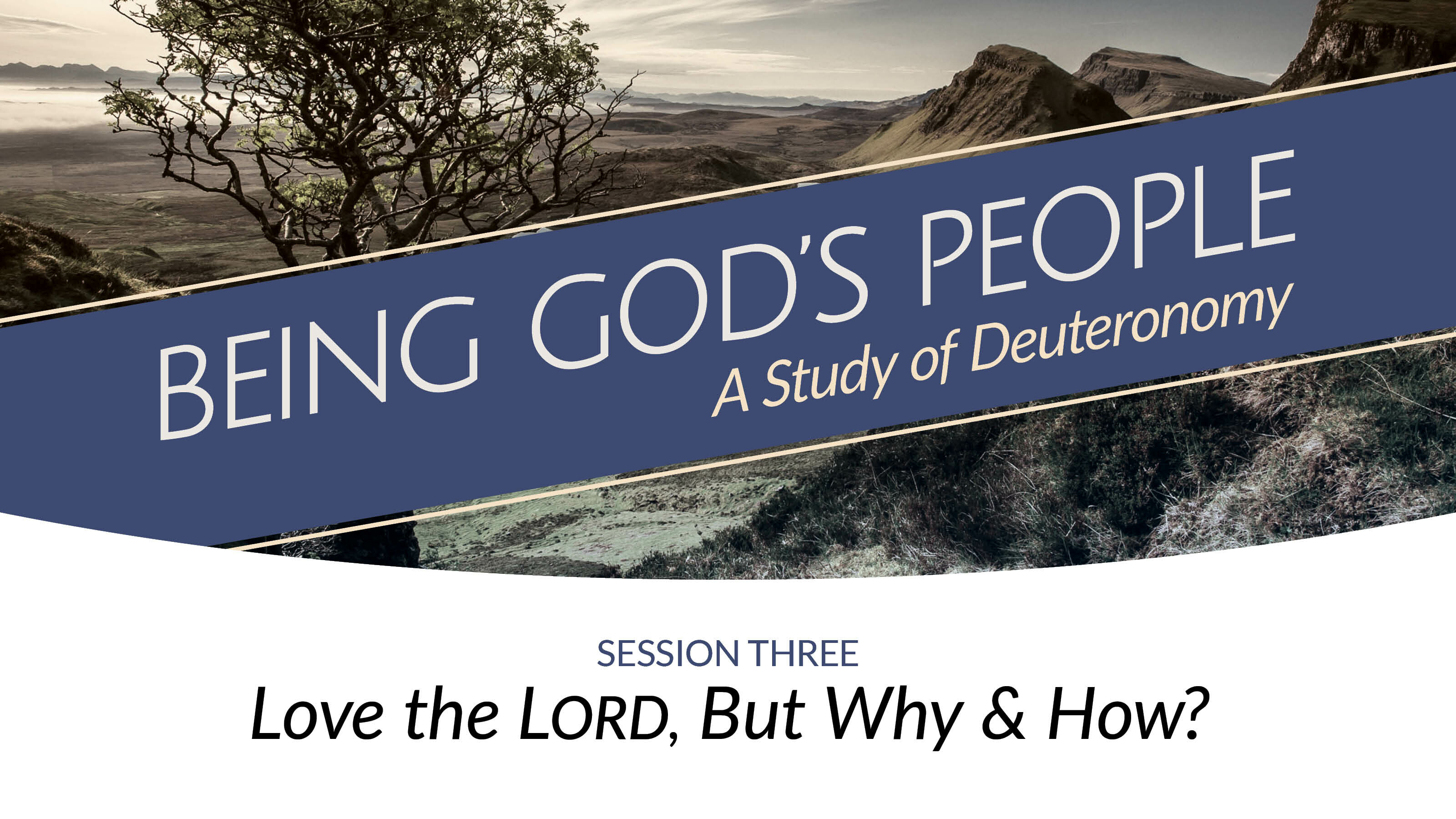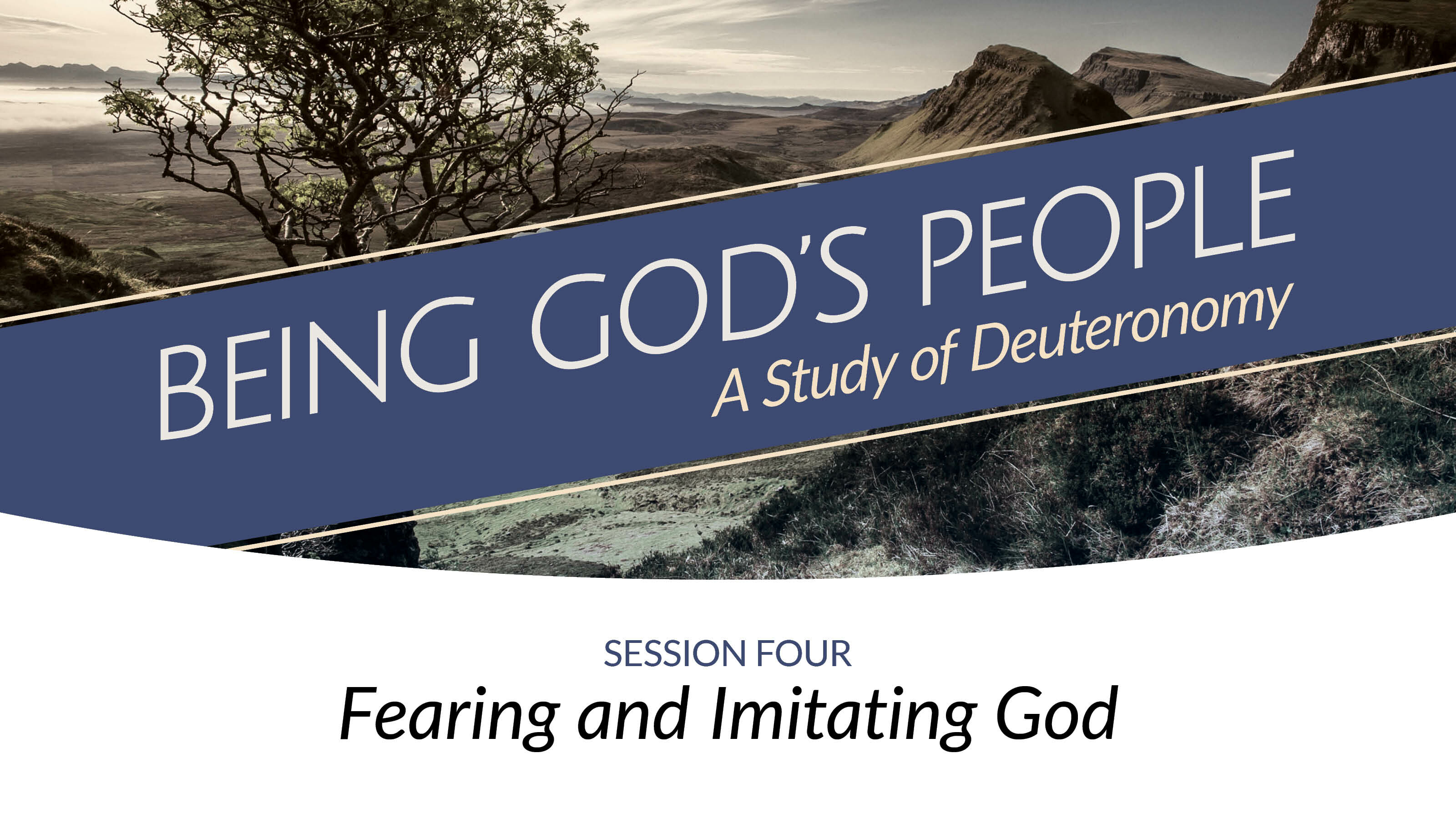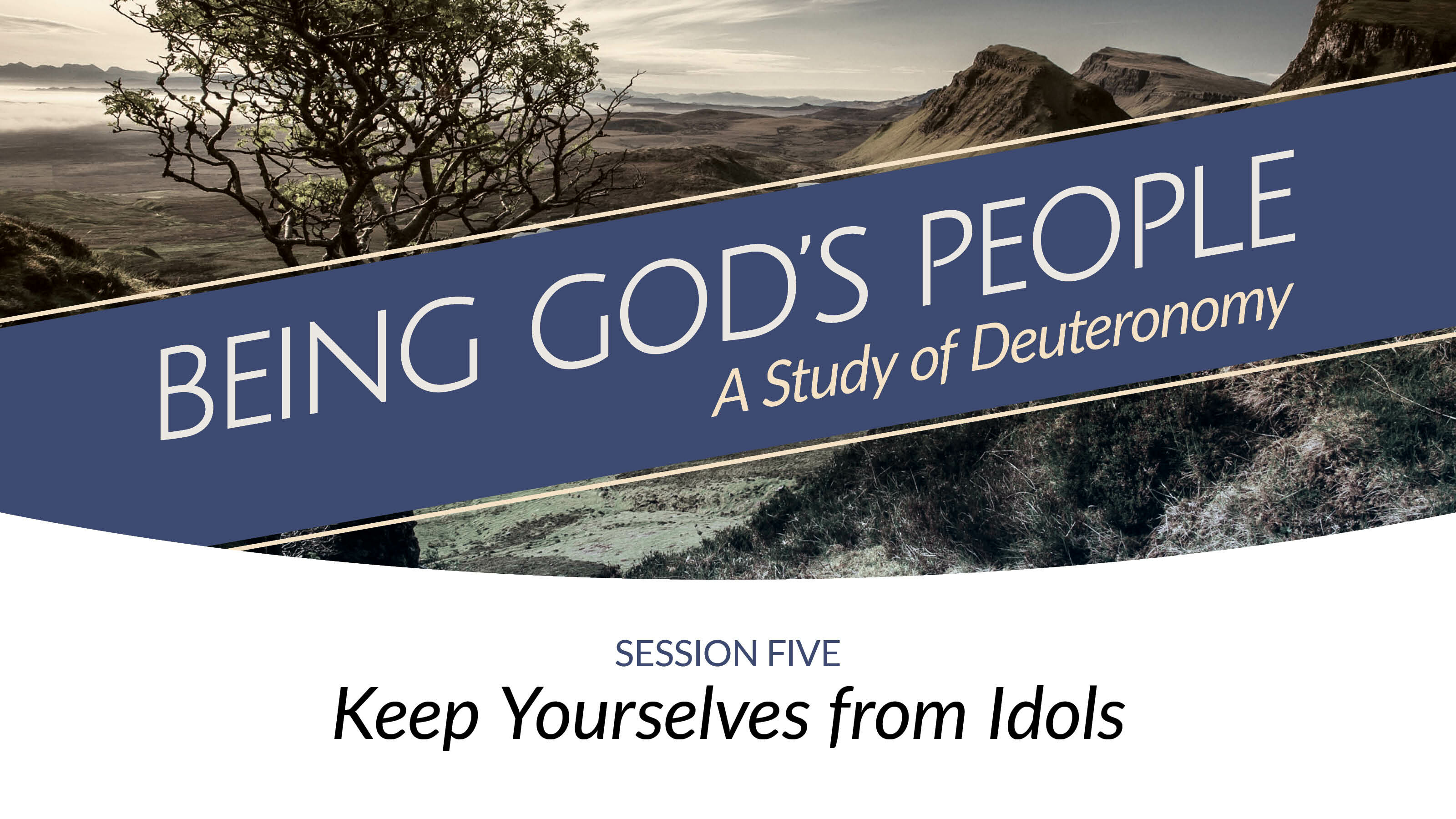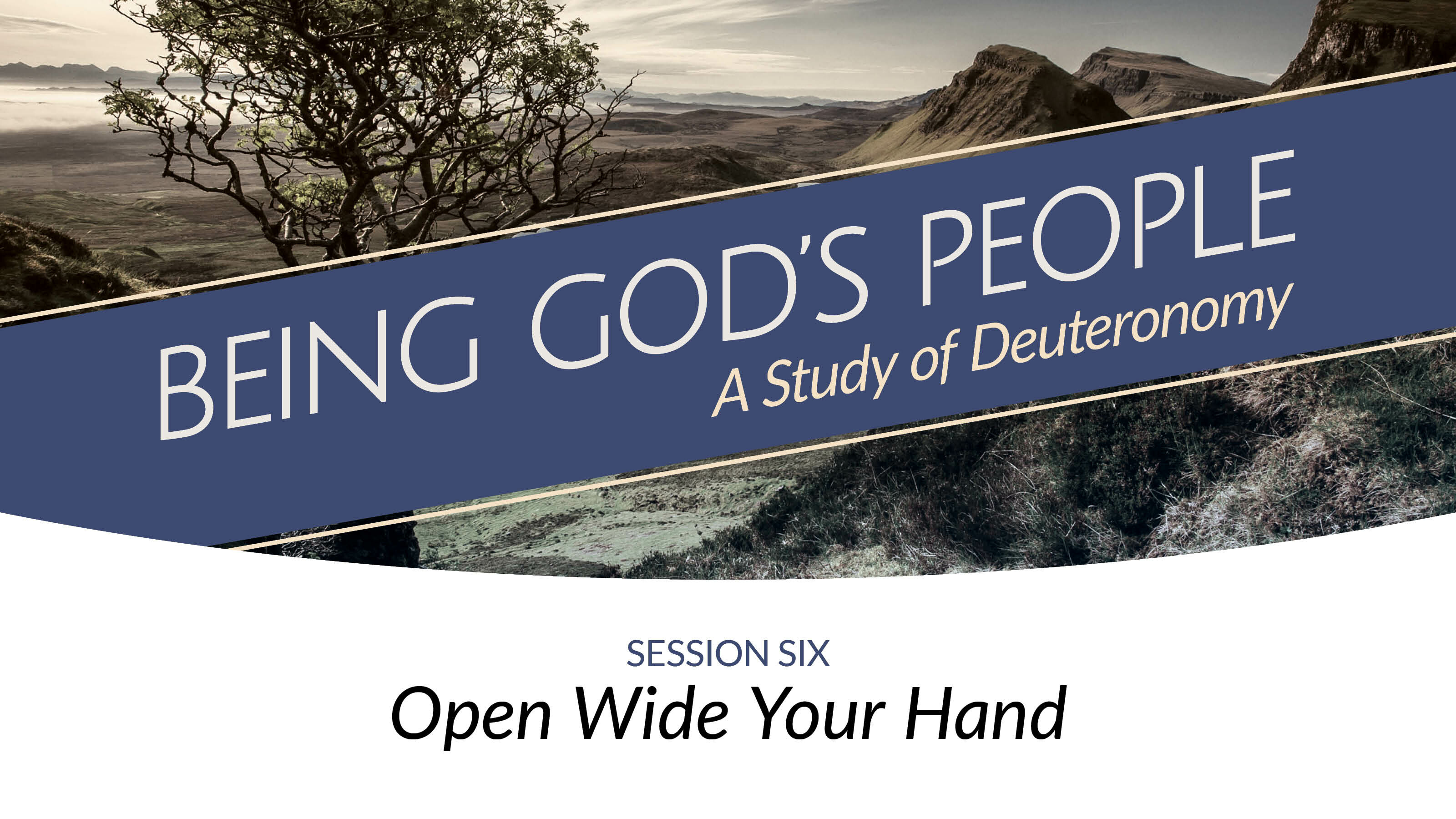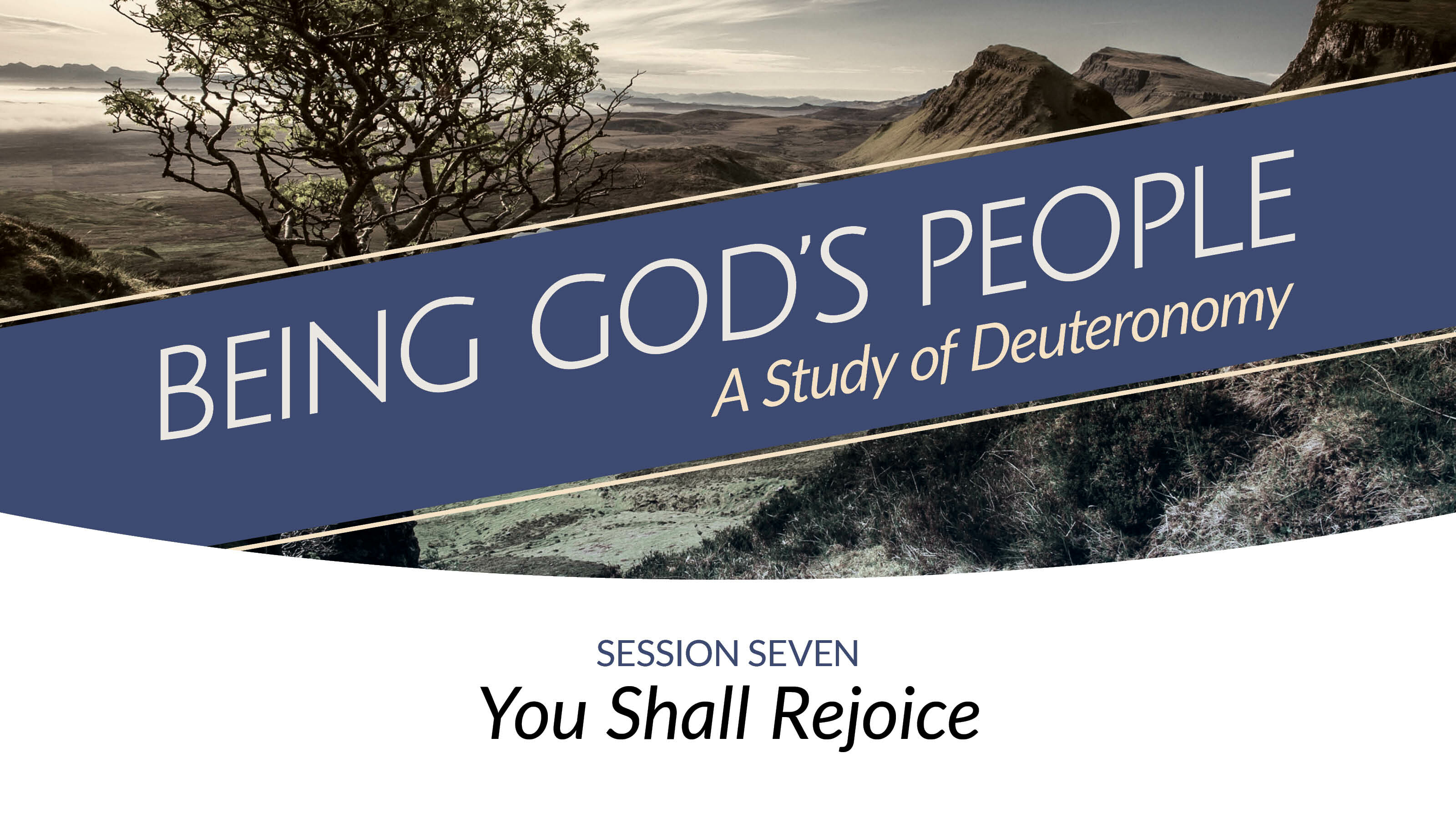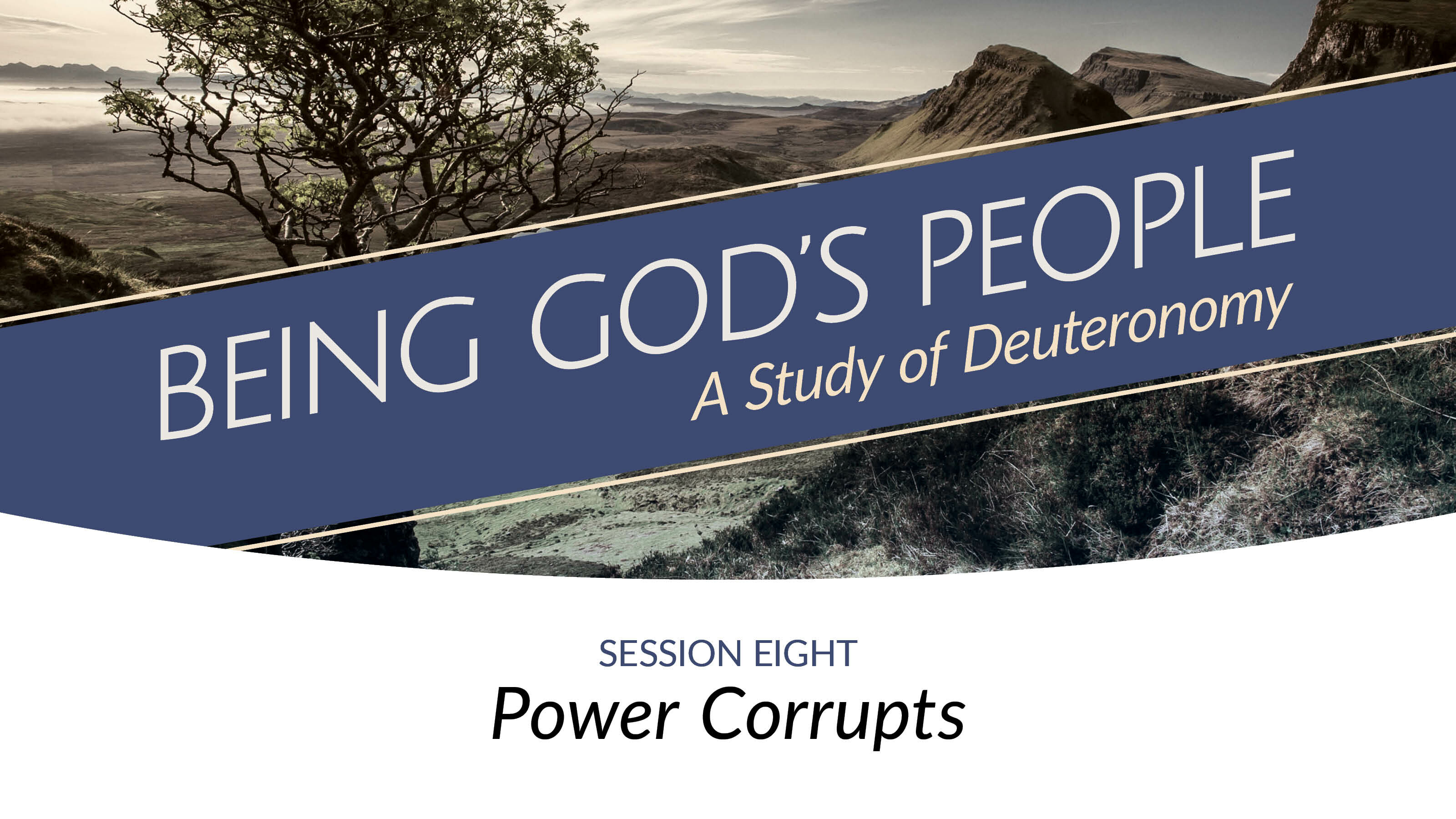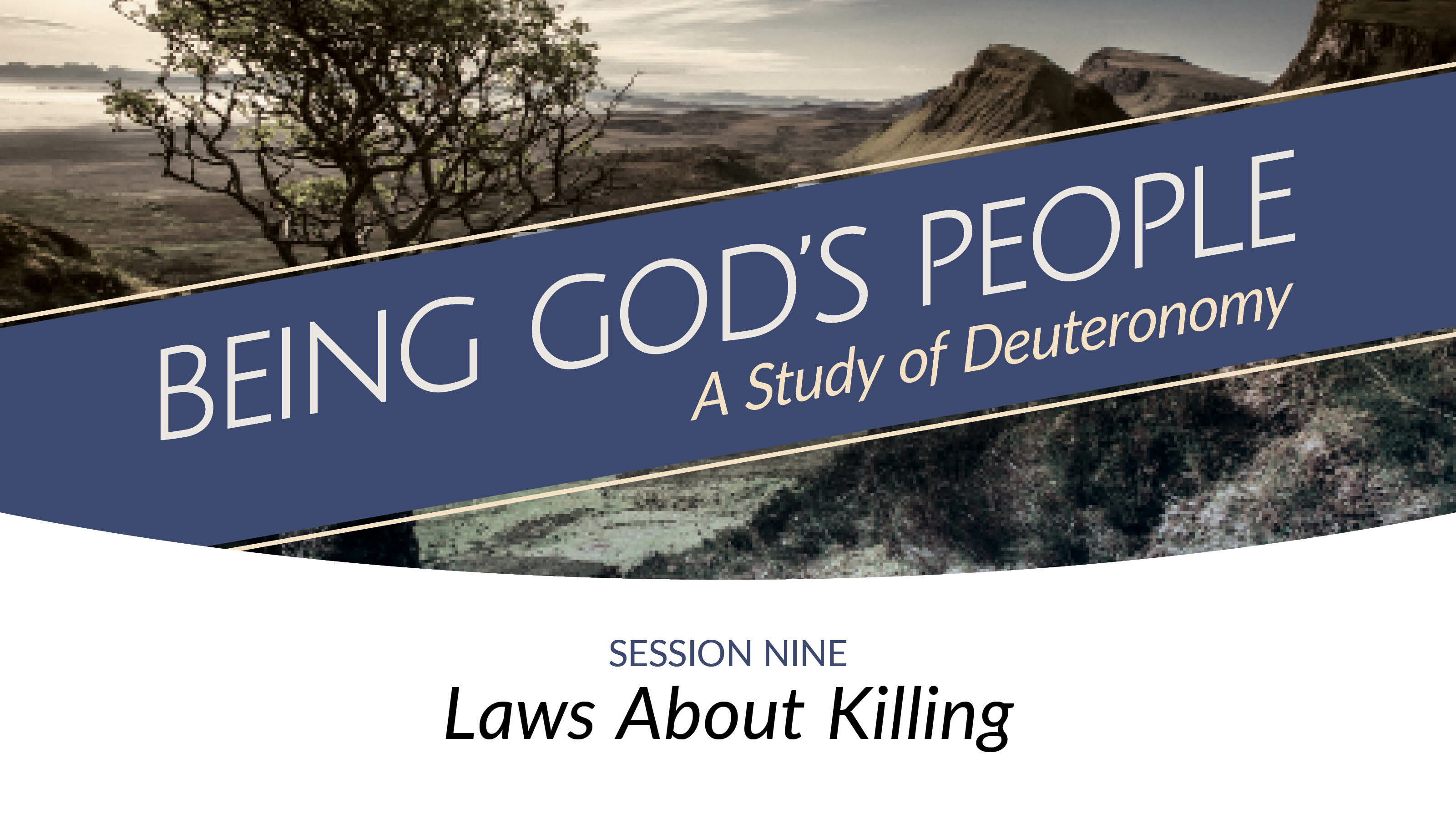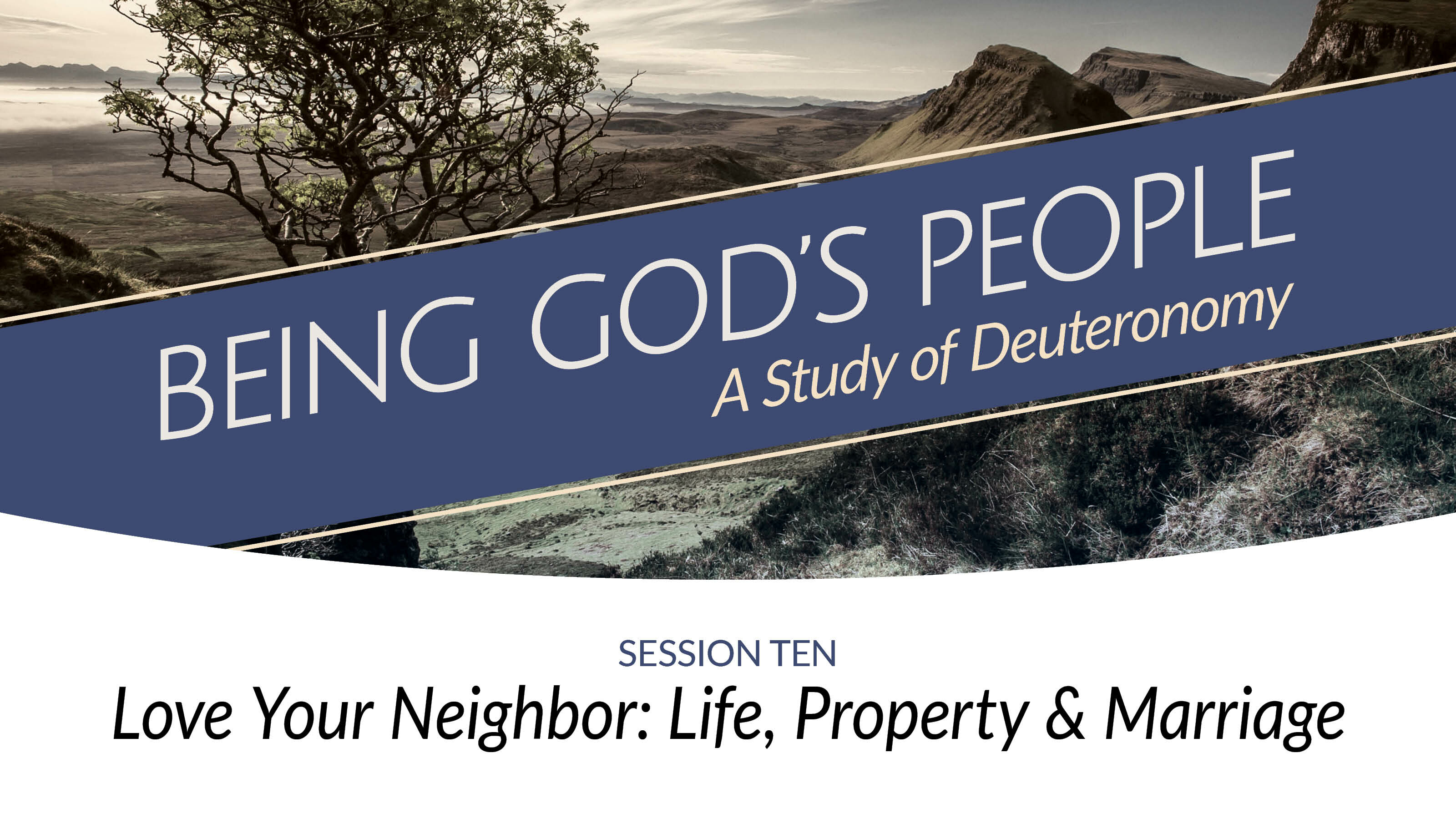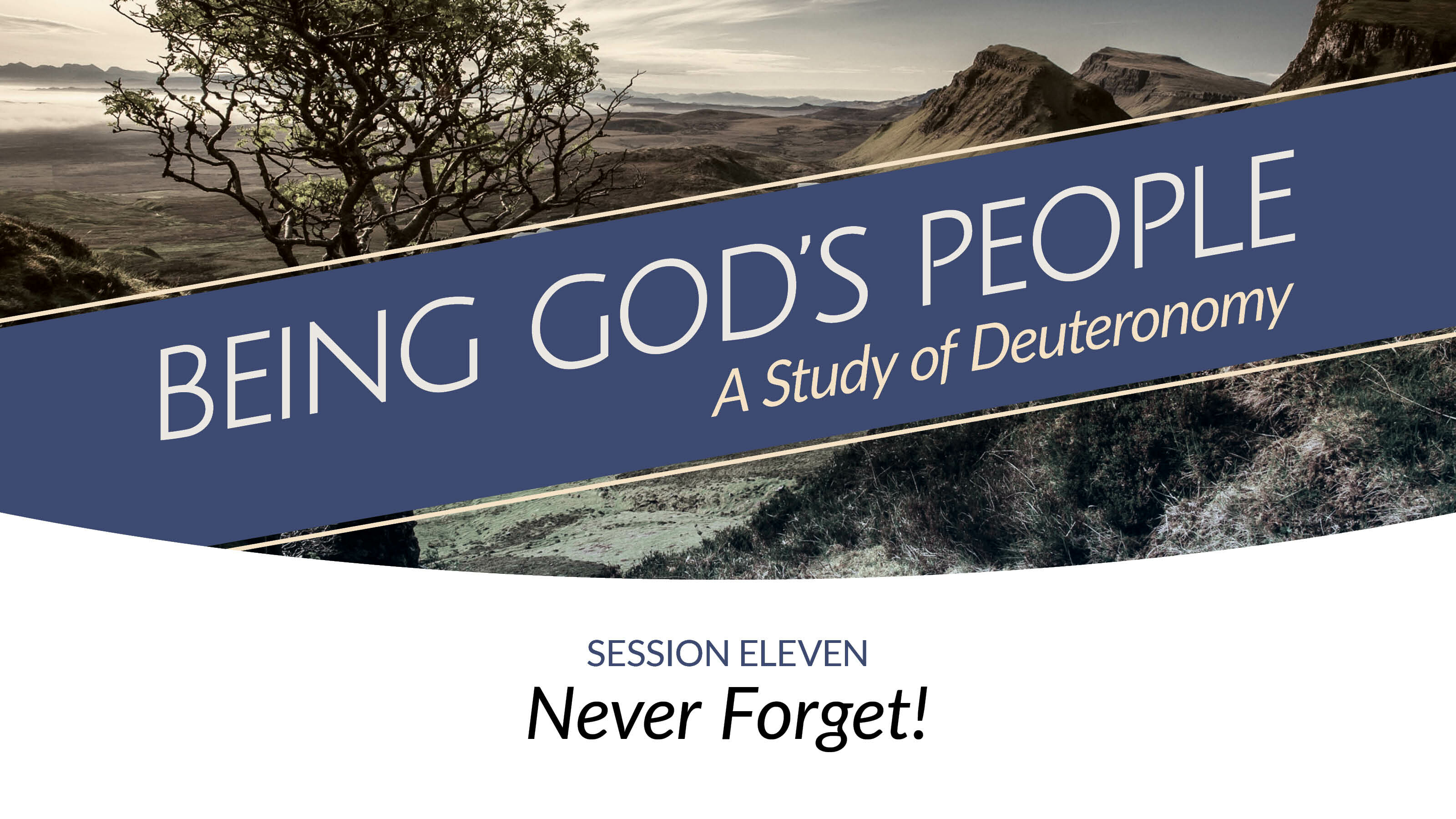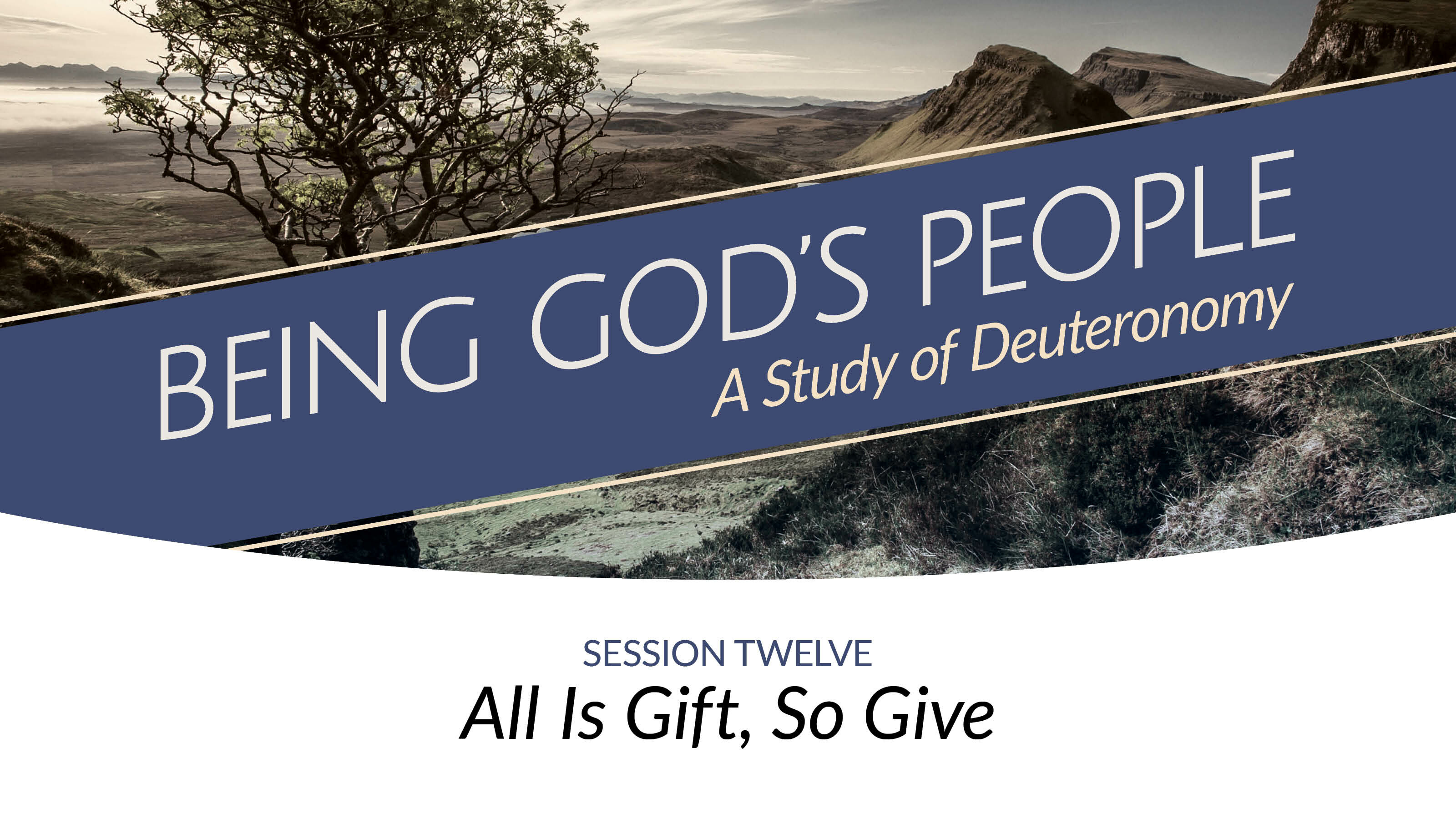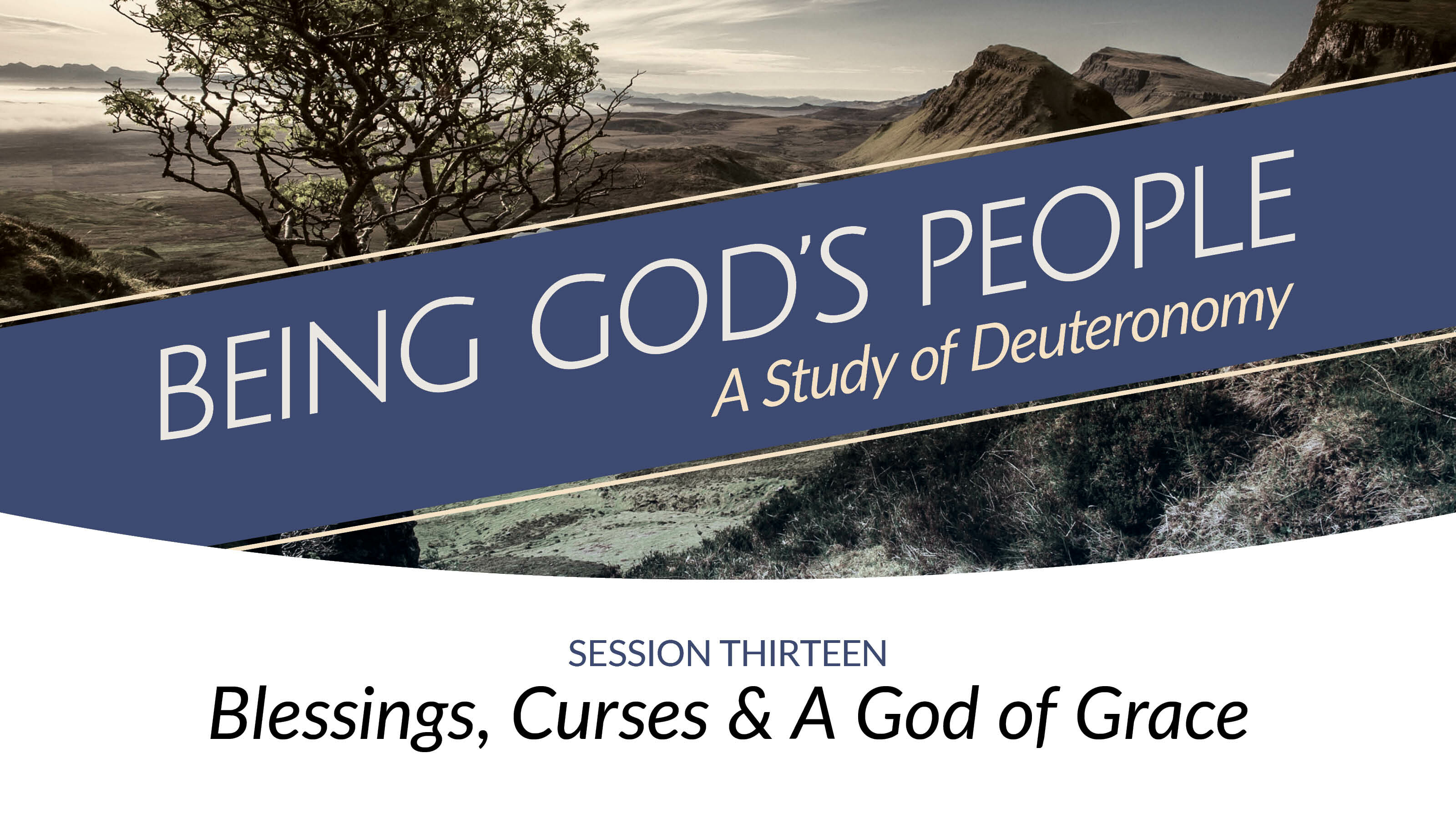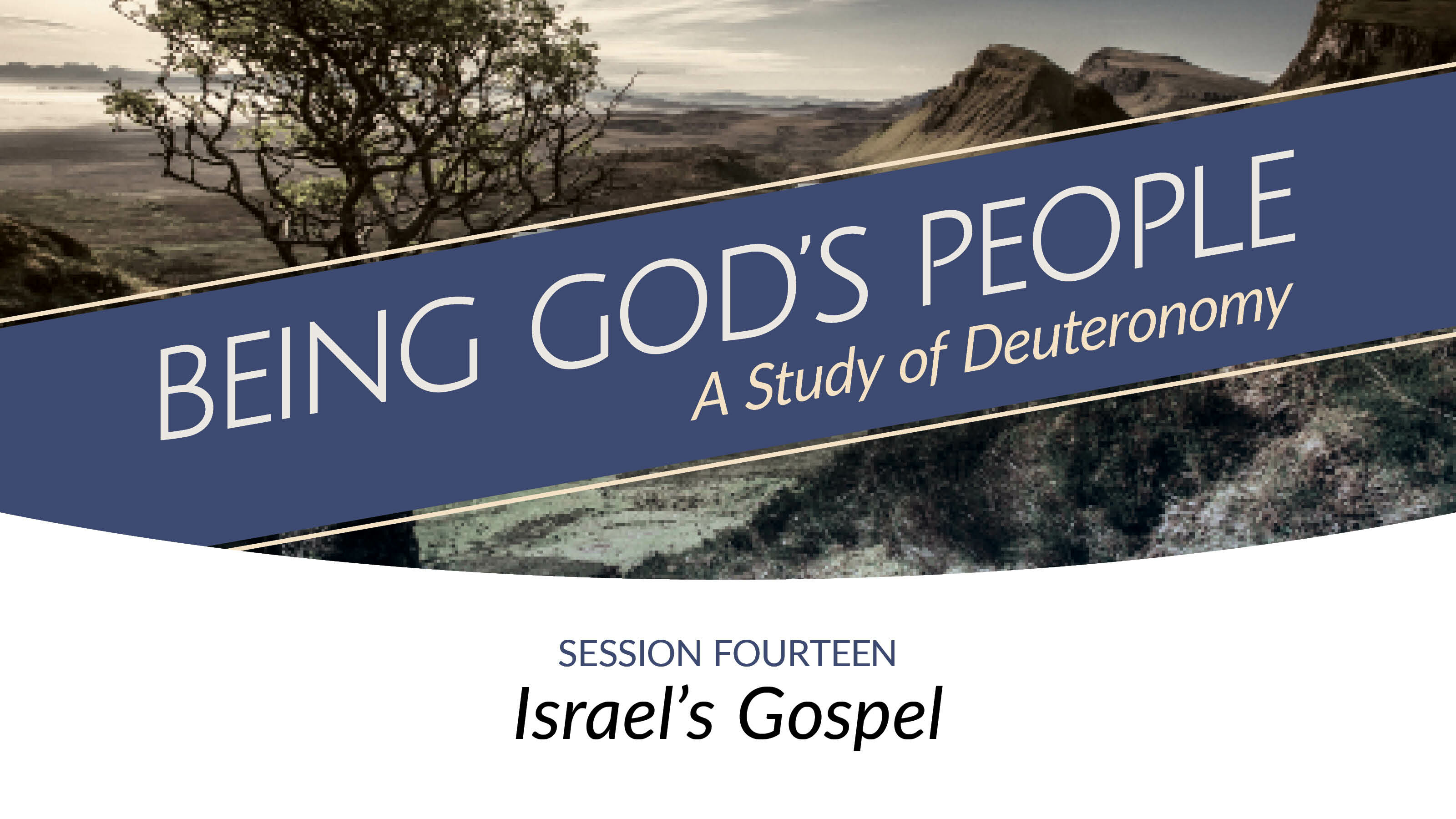Still can't find what you are looking for? Let us know how we can help.
Use the login below to access your InFellowship account.
Need an account?
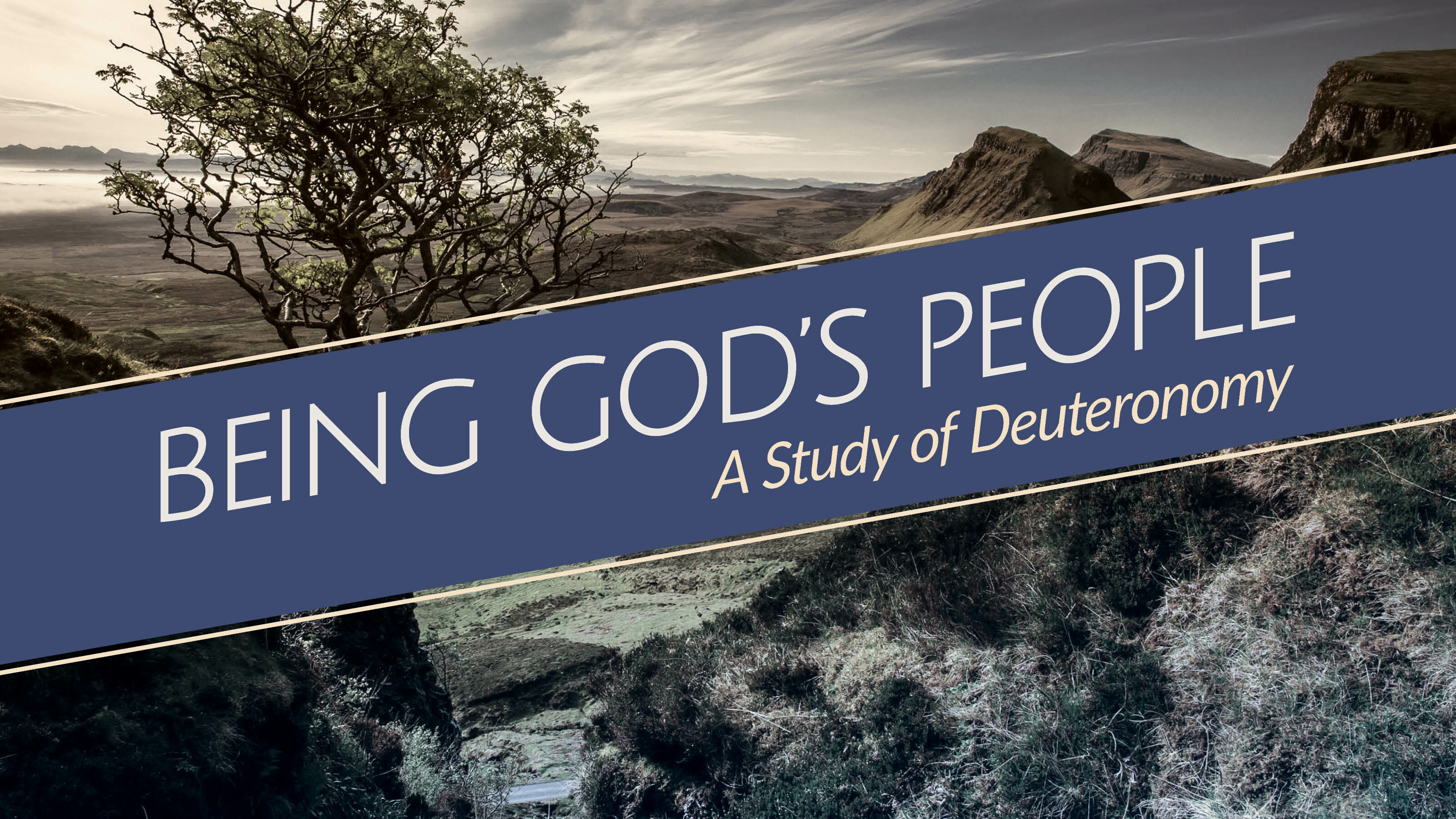
Study Description
The book of Deuteronomy records the parting instructions of Moses to ancient Israel before the new nation entered the promised land. Moses reminds them of who they are as God’s people, how they became God’s people, and what belonging to God requires of them.
Moses's final words still speak with relevance to the church today. When viewed as a sermon, Deuteronomy is preaching that any and all of those called as the people of God should heed, for Moses teaches us what it means to belong to Him.
Details
- Length: 14 sessions
- Teachers: The Rev. Canon Dr. Jonathan Bailes
- Leader's Guide: Discussion questions are available for small group leaders.
Access Leader's Guide
Watch the Series
1. Laws and Love
Deuteronomy, the long sermon preached by Moses on the shores of the Jordan River, is treasured by Jews and Christians and regarded as among the greatest summaries of what it means to be the people of God. New readers may feel Deuteronomy is nothing more than rules and commandments, but in this session, we'll explore why that is not the case: how these laws, in fact, are an expression of love.
2. Remembering God's Faithfulness
"Remember..." Moses asks the wilderness generation to reflect on how God has taken care of them, how they have lacked for nothing, and what happens when they forget. God's deliverance, watchfulness, and provision come before Law, and the opening of Deuteronomy underscores the need for God's people to consider first how God is dependable and worthy of trust.
3. Love the Lord, But Why and How?
"You shall love the Lord your God" is, perhaps, the most famous commandment in all of Deuteronomy, but it is also strange, for how can love be commanded? In this session, we explore what exactly this command asks of us and why love is owed.
4. Fearing and Imitating God
Proverbs tells us "the fear of the LORD is the beginning of wisdom," and Moses tells us the same in Deuteronomy, instructing us not only to fear the LORD but also to walk in his ways. In this session, we discuss how the people of God are to imitate God by doing what he does.
5. Keep Yourselves from Idols
Idolatry is among the greatest dangers God's people face in every generation, for what we worship determines how we live. In this session, we discuss how Moses's warnings against idolatry apply to us today.
6. Open Wide Your Hand
Practicing the Sabbath is intimately connected to caring for those in need. That is why Moses tells the Israelites that, as long as they follow God's laws, there will be no poor among them. In this session, we explore one of the most striking and commonly neglected commands in Deuteronomy.
7. You Shall Rejoice
Strange as it is that God commands his people to love, stranger still that he commands them to rejoice. In this session, we'll discuss the religious festivals that God calls Israel to celebrate in Deuteronomy, and what we can learn today from their traditions of rejoicing.
8. Power Corrupts
Power tends to corrupt, and in Deuteronomy, we find multiple laws that aim to limit power and hold accountable those who wield it. For the law reveals how God desires to protect his people from the corrupted hearts of their neighbors.
9. Laws About Killing
Many of God's laws in Deuteronomy seem good to modern readers, especially protections those who are vulnerable and provisions for those in need. But some are less pleasant, such as instructions for capital punishment and war conduct. In this session, we consider these laws and what we can learn from them today.
10. Love Your Neighbor: Life, Property, and Marriage
We know Jesus's command to love our neighbor; why do we need these additional commandments in Deuteronomy? Without them, we might not understand what loving our neighbor really means. In this session, we explore how and why loving our neighbors includes loving their lives, property, and marriages.
11. Never Forget!
How should the past influence the way we live today? In two seemingly contradictory passages, Moses tells the Israelites to remember the exodus and show mercy, and in the next, to remember the exodus and show no mercy at all. In this session, we discuss what to make of biblical remembrance.
12. All Is Gift, So Give
All that Moses instructs about God's laws and commands for the Israelites ends with an admonition to give tithes and offerings. Why so? Why should a God who owns everything require us to give at all? In this session, we discuss what Christians today can learn from these laws of Moses.
13. Blessings, Curses, and A God of Grace
Deuteronomy culminates in a long series of blessings and curses: if Israel obeys God, the people will be blessed; but if Israel disobeys God, the people will be cursed. This sounds so much like a relationship based on moral performance. In this session, we explore how to reconcile these passages with what we know about the God of grace.
14. Israel's Gospel
The Gospel of Jesus Christ is both bad and good news: we are helplessly trapped, and also, God in his mercy has liberated us. Deuteronomy ends on a similar note. It reminds us of the tragic condition in which Israel finds themselves and promises that God will bring redemption. In this session, we examine this gospel given to Israel.
![]()
Find "Christ Church Studies" on Your Podcast Provider
Never Miss a Podcast
Get an email notification whenever Christ Church Plano releases new video and audio content on podcast or livestream. Customize which notifications you would like to receive.
